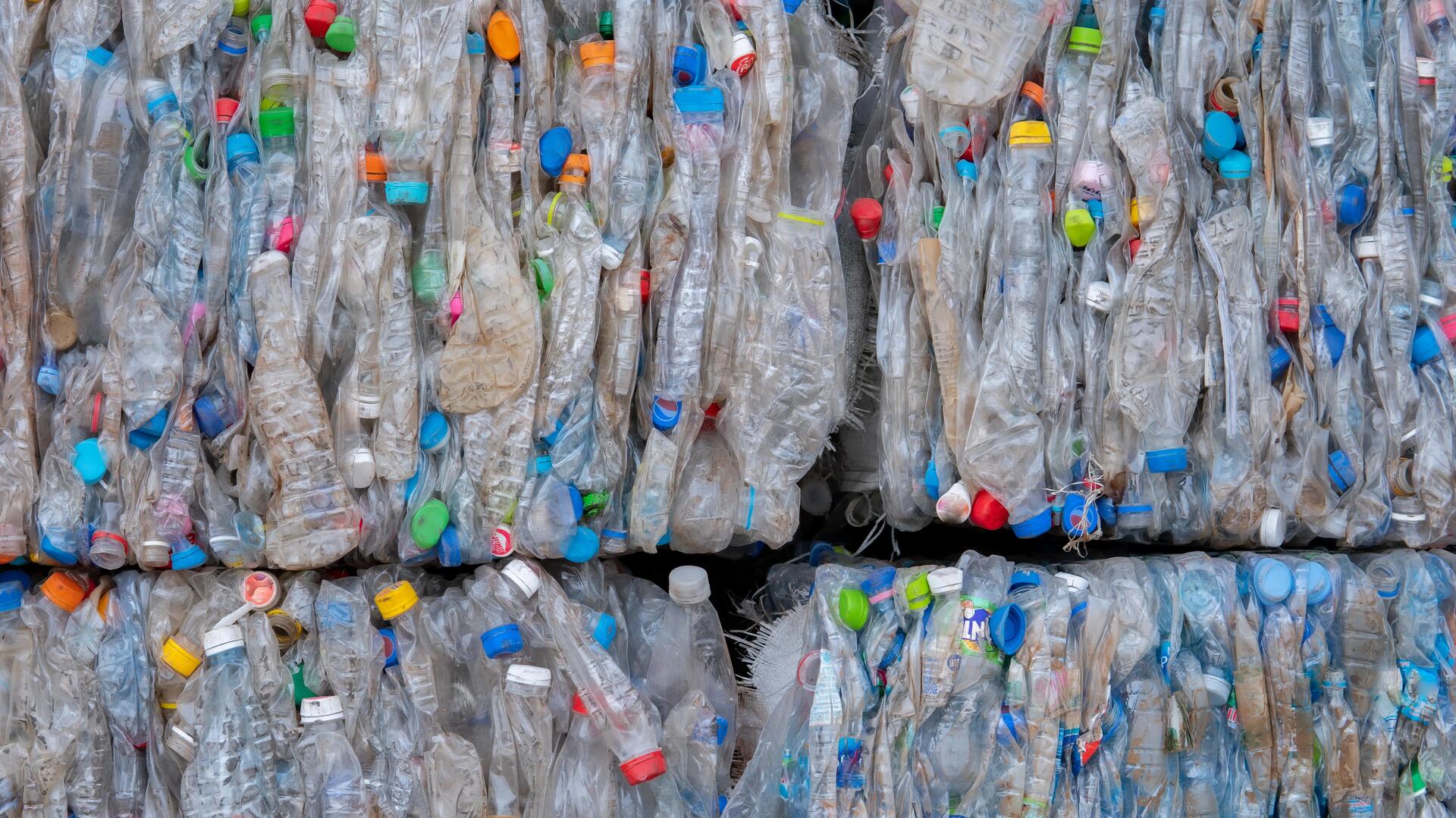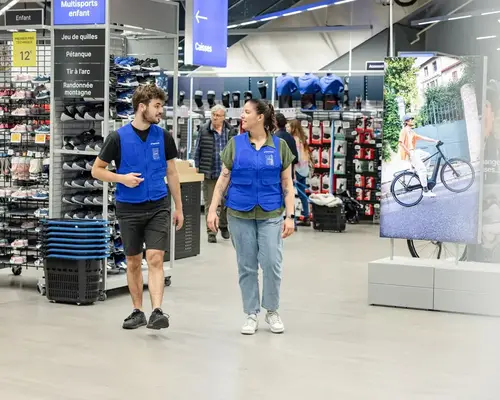Why collect end-of-life sporting goods?
That tired ping-pong racket, that helmet at the end of its life, or that racket that fell victim to a tantrum... It's time. Yes, it's time to offer them the opportunity to reinvent themselves. How? By putting them in an EPR ASL collection bin (that's the technical name). This channel is linked to the AGEC law in France (the law on the fight against waste and the circular economy).
More, concretely, here is the idea: to collect sport and leisure articles (ASL). This collection has several advantages: - avoid having them end their life in the household waste bins. Kilos less waste to be transported to be buried or incinerated... - to allow a recovery of the collected products. Behind "recovery", there are several possible actions, from re-use (if the state of the item allows it) to energy recovery (incineration to make energy) through recycling.
The objective is to have a minimum of final waste (which ends up being incinerated or buried) at the end.




